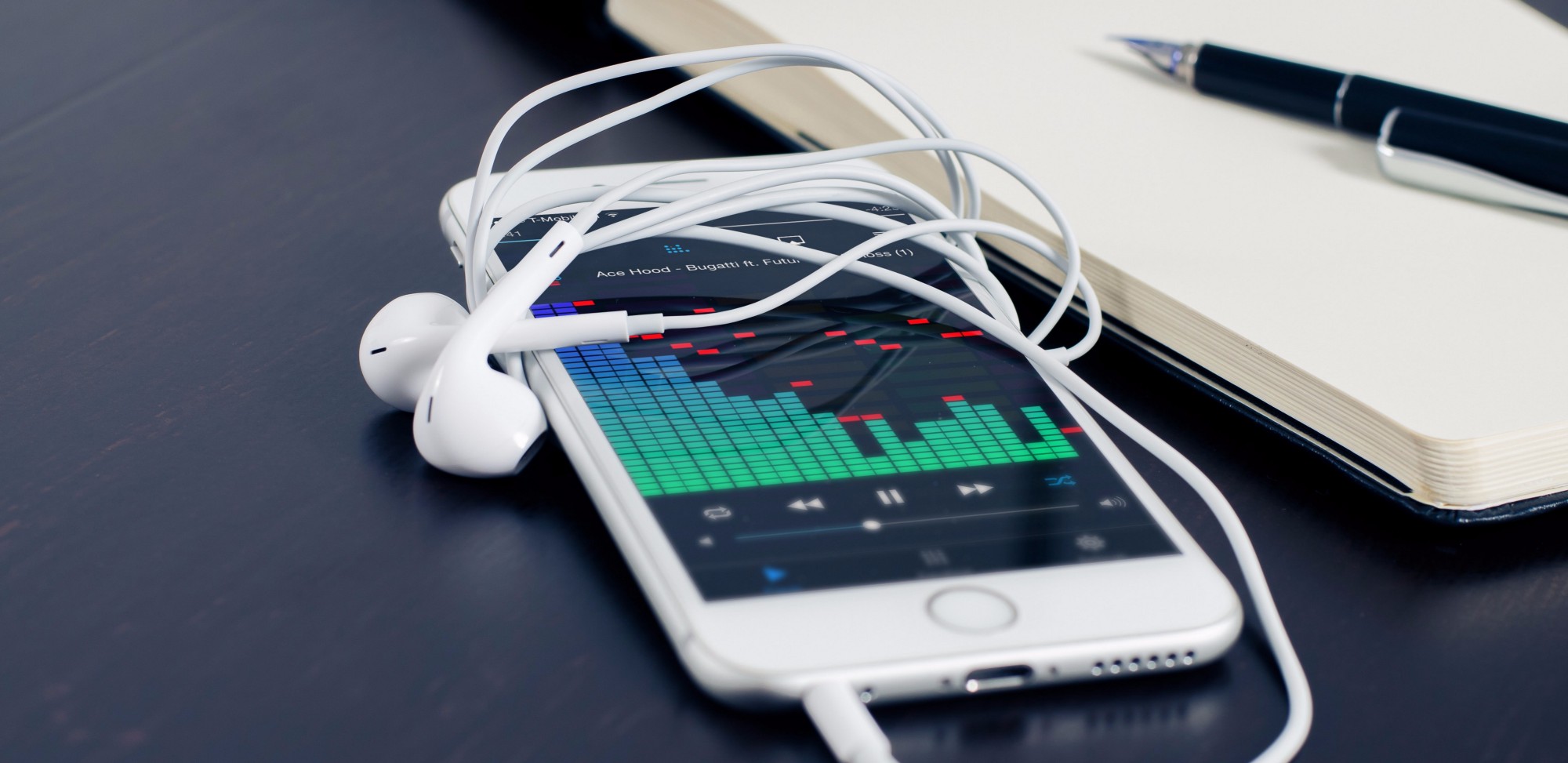When a judge denied Kesha an injunction against Sony, she declared that the artist’s deal was “typical.” Last week, we looked at the indentured servitude that comes with one of those “typical deals.” While we’re looking at “typical” industry deals, we can’t ignore new trends in contracts that do nothing to protect artists and everything to protect the business.
“360 deals” are a more current version of the “you own nothing” clause the Future of Music Coalition mentions in their breakdown of major label contracts. 360 deals are a way for labels to own part of everything that makes an artist money. Where it used to be that artists with bad record deals could make more money through touring and merchandise, 360 deals split the percentages of all those earnings with the label.
Digital Music News did a great job of explaining how NOT to get screwed by 360 deals which should be required reading for anyone considering a deal of this sort. Unfortunately, 360 deals are just another way that labels screw artists. Buzzfeed published an in-depth piece on how Young Thug has been screwed by a 360 deal.
Forbes reported last year on the “Revenge of the Record Labels” — detailing how those majors are buying stakes in the disruptors (SoundCloud, Beats, Rdio, Shazam) in order to tighten their grip on every facet of music distribution.
TechDirt has been tenacious in their coverage of how major label deals with Spotify allow the labels to keep most of the money rather than give it to the artists whose music being streamed. This puts a twist on the oft-heard theme that “Spotify doesn’t pay much.” It also bolsters all claims that the really problem with all major label dealings is that they are complex and opaque. What is really needed in the industry is transparency.
This is precisely what David Byrne advocated for in an op-ed for the New York Times last year:
It’s easy to blame new technologies like streaming services for the drastic reduction in musicians’ income. But on closer inspection we see that it is a bit more complicated. Even as the musical audience has grown, ways have been found to siphon off a greater percentage than ever of the money that customers and music fans pay for recorded music. Many streaming services are at the mercy of the record labels (especially the big three: Sony, Universal and Warner), and nondisclosure agreements keep all parties from being more transparent.
Byrne calmly explains that: “Before musicians and their advocates can move to enact a fairer system of pay, we need to know exactly what’s going on. We need information from both labels and streaming services on how they share the wealth generated by music.”
Don’t forget that when the record companies claim “piracy” takes money out of artists’ pockets (just as they did with Napster), they don’t give a penny they recover to the artists. Add to that the fact that a few years ago, major labels were successfully sued by artists whom the labels themselves had been pirating.
So why do people keep making these terrible deals in a corrupt industry?
One simple answer is that artists who sign with major labels may care more about fame than making music. While this may explain some impulses to sign with majors, most likely the money …
But a much more depressing thought is that most artists, simply don’t see a way to make music professionally without a major deal. Good musicians who’ve struggled to make music and pay bills don’t see a way to continue to make money without a big deal. Indie artists can hit a wall after years of struggle when it becomes more of an all-or-nothing decision.
Part of this is the audience’s fault. They don’t buy indie music on indie channels. After years of making my music available on Bandcamp, I was advised by a friend that he only used iTunes so I should list there. I did list my next release there and didn’t sell enough to pay for the listing fee.
One, while stories like that discourage us personally, the bigger picture is how difficult the major players make it for the indies to be heard. iTunes delivered you a U2 album whether you wanted it or not. Spotify triumphs its signings with major bands and labels. YouTube brags about paying more money to artists than any other platform while there is still an obvious discrepancy on this point.
The only way to control your music and your royalties is to self-release or enter into non-exclusive deals that you can revoke at any time. Yes, the odds on making money are clearly stacked against indie artists who self-release. Even though we have the tools to make our music available everywhere, we’re still going to be out-maneuvered by the big corporations. That’s still no reason for indie artists to emulate those majors.
The sad truth is that the more you investigate “typical” deals for the industry, the more you’re going to find that the odds are stacked against the artists in those deals as well. Maybe, maybe there is more money and exposure in it for you, but there is absolutely more heartache, less control, and more abuse.












































Valuable information. Fortunate me I discovered your website by chance, and I’m shocked why this twist of fate did not took place earlier! I bookmarked it.